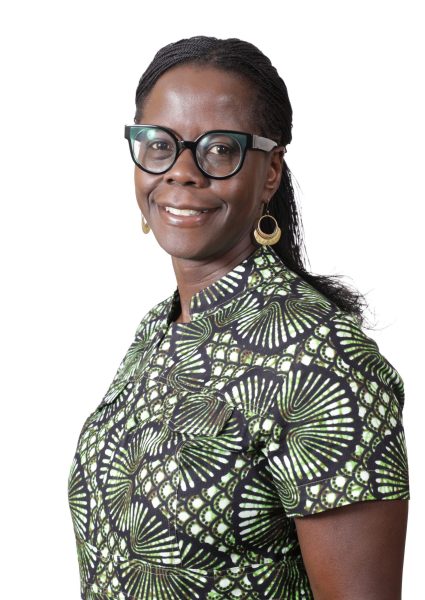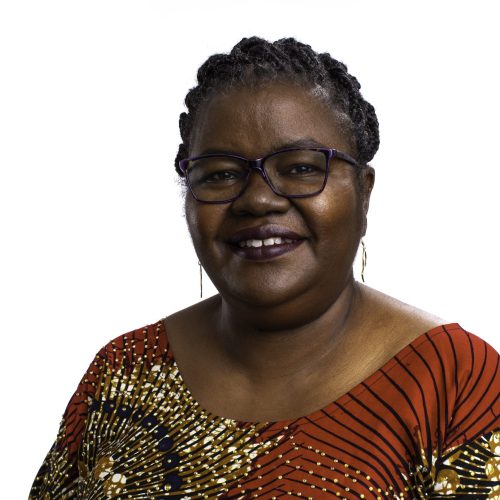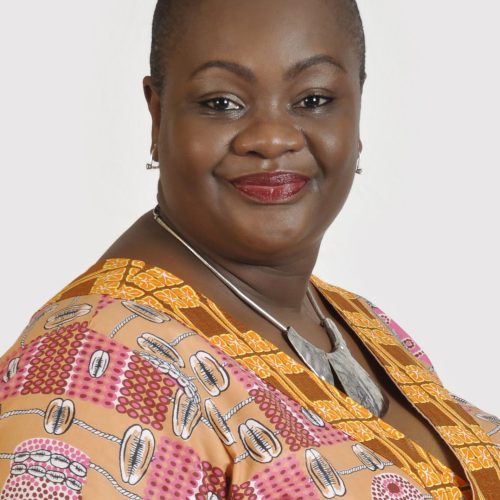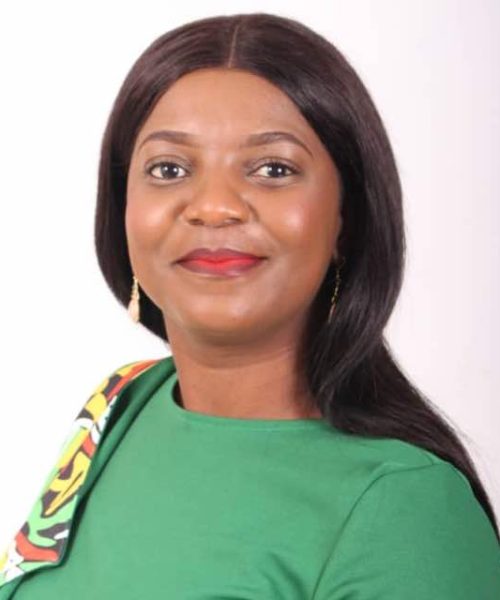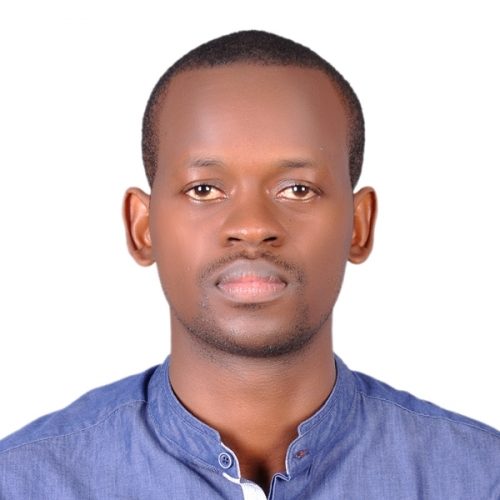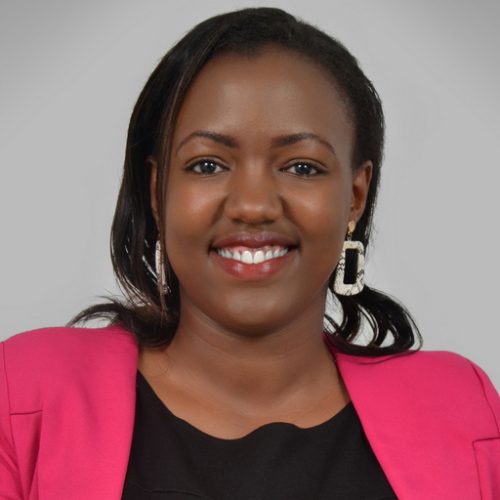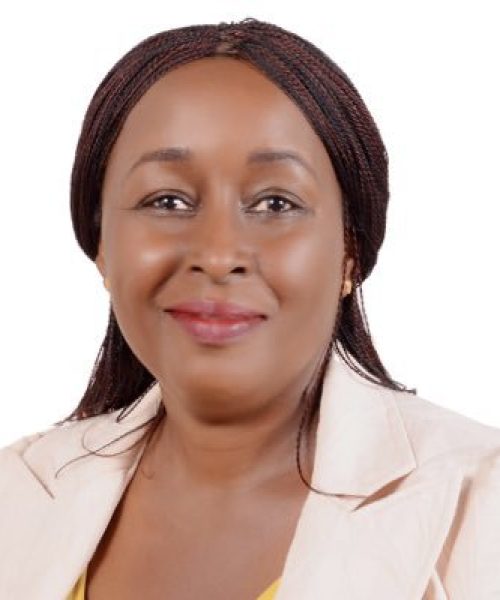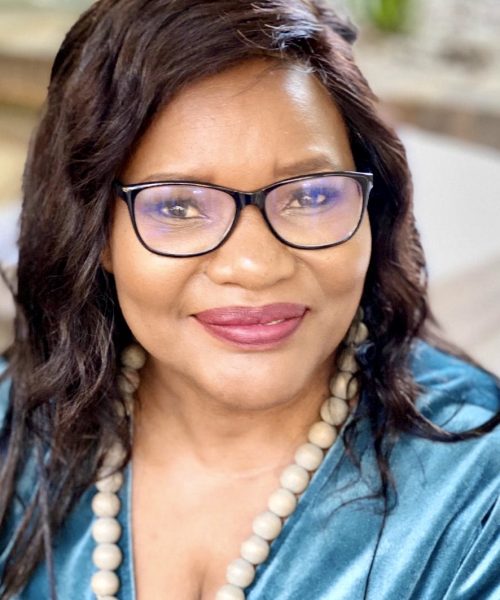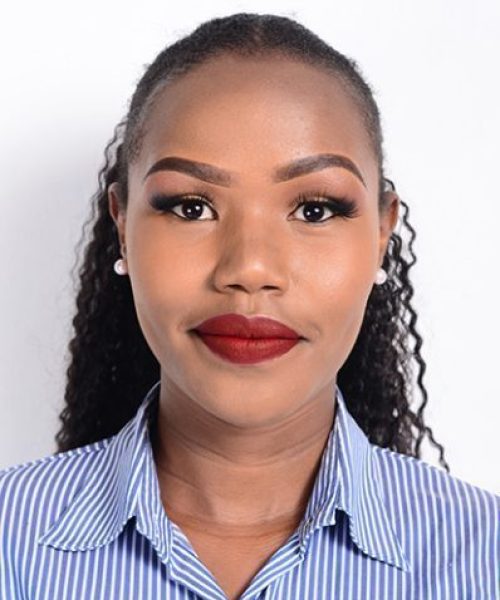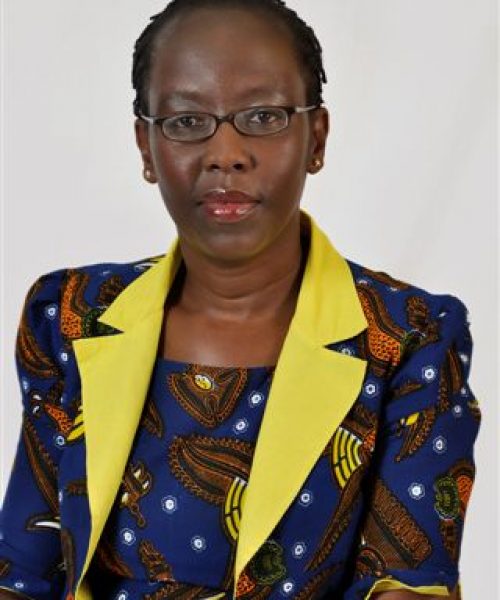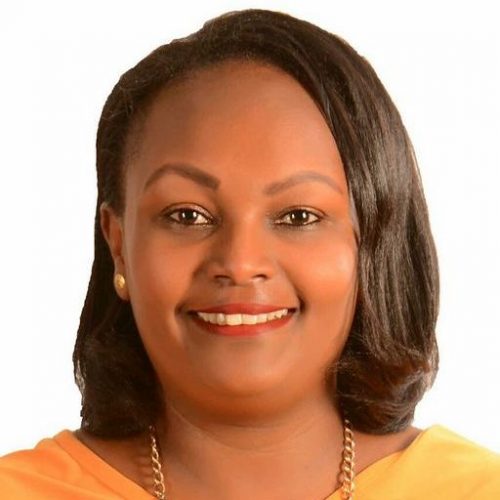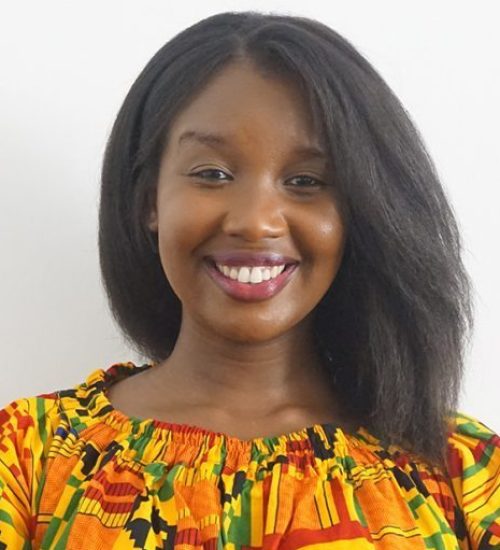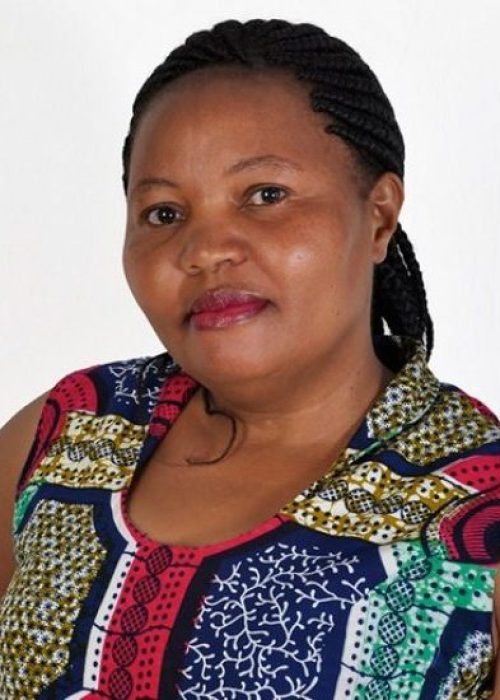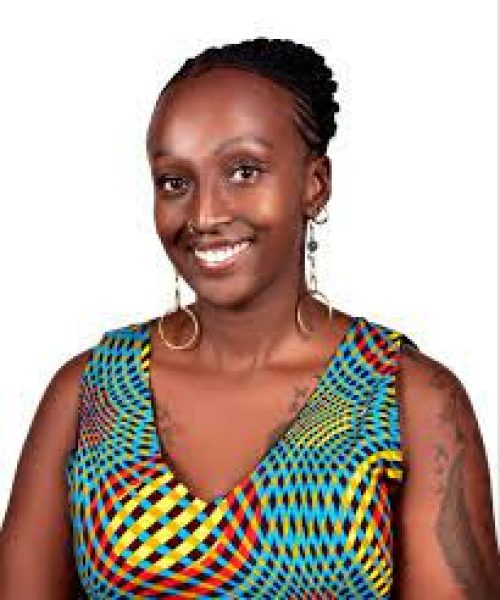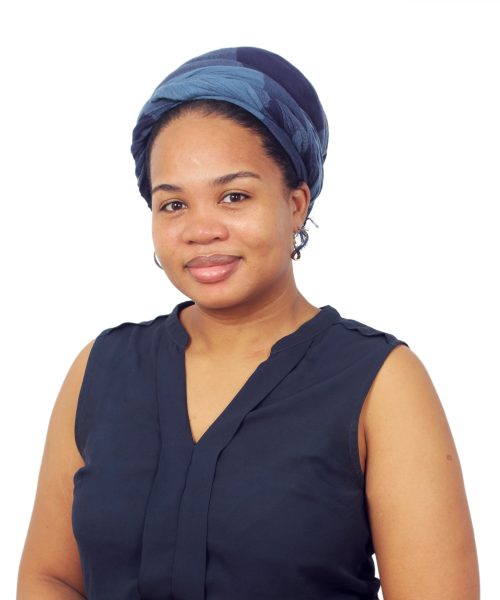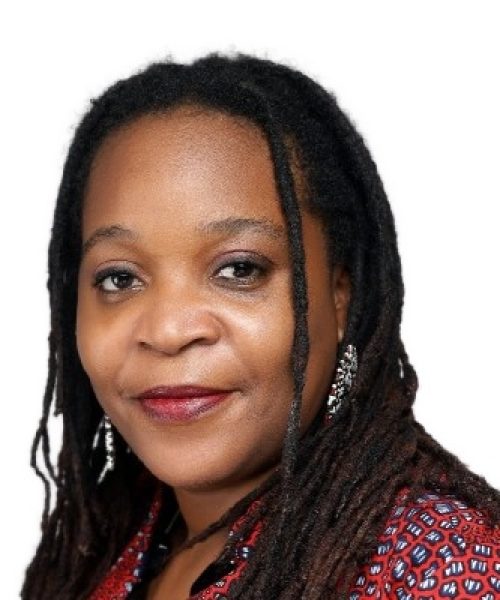AGENDA SETTING & ADVOCACY
This work matters because:
- Change that transforms institutions, ideologies and systems requires collective and complementary influence work where decision-makers are persuaded, embarrassed into and even forced to make decisions in the favour of womn and those who are forced to the margins based on gender, race, age, ability, class and other factors.
- Feminist-activists and AWHRDs need state and non-state actors and institutions to be influenced towards decisions which facilitate conditions that enable their work and organising.
- Feminist activists and AWHRDs will be better able to do their work when the forces which oppress and attack them are exposed and demands for their freedom and dignity are sustained.
- Urgent situations, emergencies, political, economic and social crises and disasters will continue to dominate the shaping of the contexts in which we do our activism and work. It is critical to develop an understanding of these from a feminist and pan Africanist perspective and to influence how state and non-state actors respond to and manage these.
- Corporations and states are equally responsible for the oppression of and discrimination against AWHRDs and feminist-activists. They are the target of our advocacy efforts.
- Organising with messaging through the mass/traditional media and through social and digital media are two powerful paths for influence and persuasion and strengthens advocacy by expanding the base of people who support our agenda.
- The power of ideas in shaping public opinion, engaging in public education and in informing change is well-established. Agenda-setting advocacy is an important programmatic intervention and political act which harnesses the most powerful and compelling ideas to influence change proactively.
- Collective action through coalition work is central to movement building approaches. Advocacy as part of coalitions and support for collective action by various feminist, WHRDs and other formations is key to building movements and creating systemic change.
- The agenda-setting and advocacy agenda of UAF-Africa has clear boundaries in relation to our core function and mandate and our four areas of specialisation. We continue to work in coalition and collectives to advance these issues and the issues which are led by those we partner with in movements. This enables mutual solidarity in the process of influence for change.
Objective
To work with others to set an agenda for, and both directly and indirectly, influence policy and practice on philanthropy and the situation of African women human rights defenders
Area of Work
Coalition building and partnership development: Refers to working directly alone and with strategic partners as well as indirectly through support to grant partners in the areas of expertise and specialisation as the basis for advocacy for change
Agenda setting: Refers to collective work to think together, build feminist and pan Africanist analysis and discourse and clarify feminist visions and agendas
Popularisation, mobilisation and media: Refers to the process of message design, testing, development, production and dissemination to primary and secondary audiences as part of campaigning and building collective agendas
Influencing decision makers: Refers to direct advocacy alone and in partnershop in the four areas of expertis and specialisation as well as indirectly through grant partners
Financing Advocacy and Agenda-setting initiatives: Proactively identifying advocacy issues and areas for financing support and responding to requests for such support for advocacy by partners indivially and as collectives and consortia.
Mobilising commitment for financing of womn’s rights work and work to defend AWHRDs: Refers to philanthropic advocacy which is beyond seeking funds for UAF-Africa and instead refers to continent-wide resourcing for womns and feminist organising and movements

